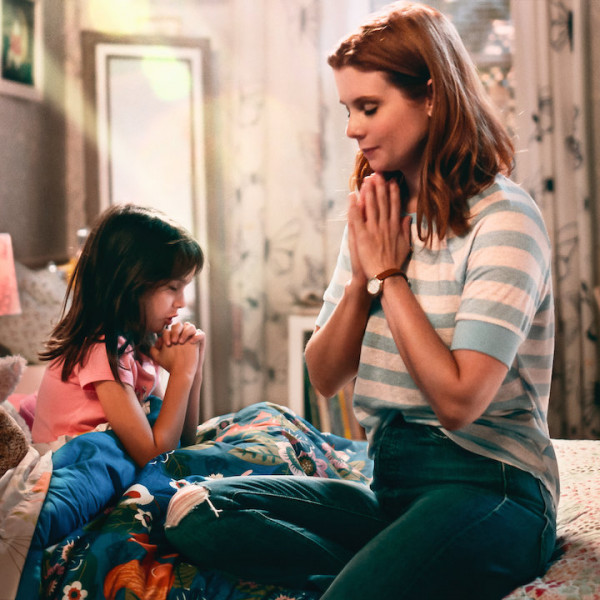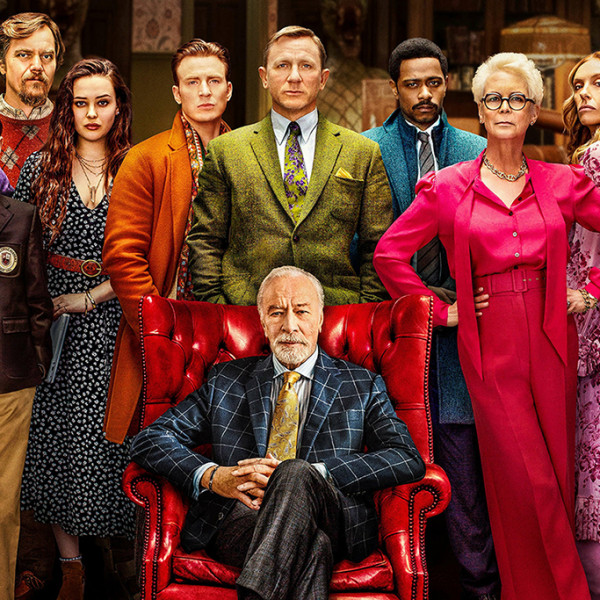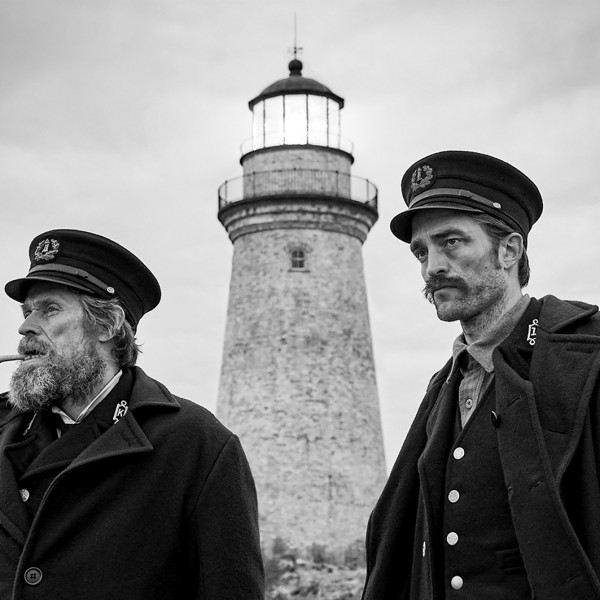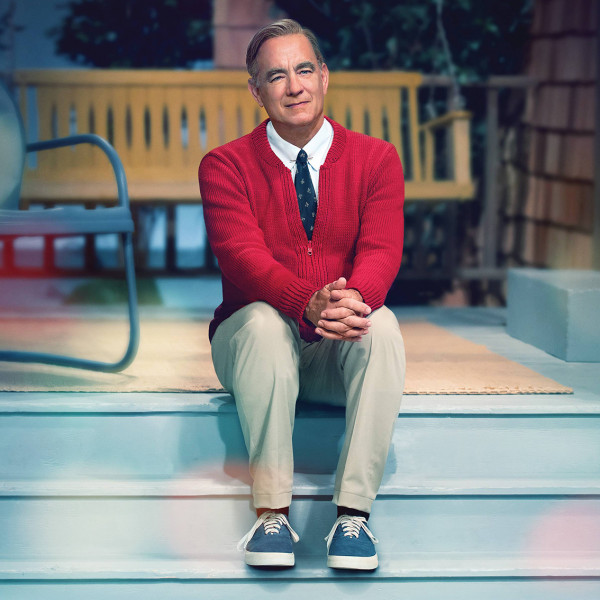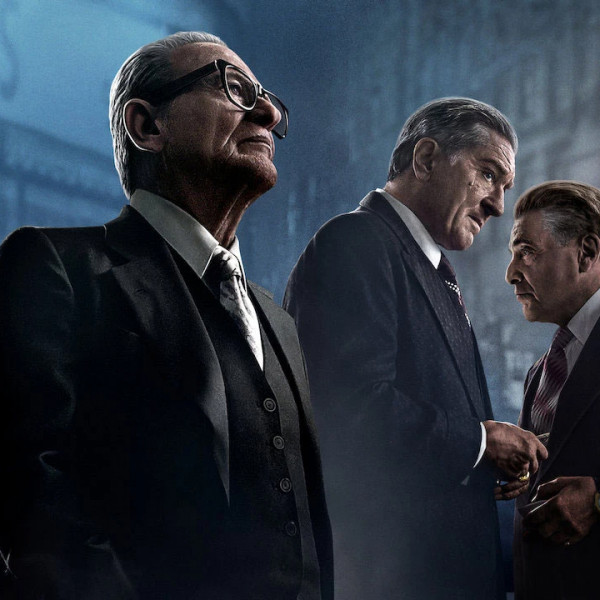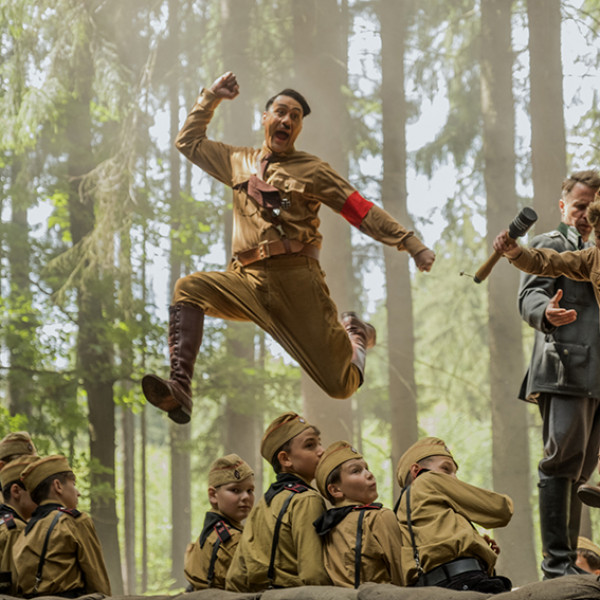Just because you journey to the place where it all happens, doesn’t mean it will happen for you. Silicon Valley, Baby. details the highs and lows of attempting to get a start-up off the ground in the global centre of technological innovation – Silicon Valley.
Finnish couple Erika Haavisto (director) and Kalle Freese relocate from their homeland to San Francisco to forage for investors for the latter’s new line of instant coffee “that you’ll actually want to drink”, Sudden Coffee. Kalle’s mission and sole purpose is to change the lives of billions for the better with his invention, but cracks soon form in his master plan.
Silicon Valley, Baby. is an intimate experience. Unpolished in structure and execution, it presents nothing but the truth. Kalle is an interesting person, and even though the film is directed by his devoted partner, Erika has no qualms in portraying him honestly, warts and all. Driven to a fault, Kalle considers himself the future Zuckerberg of instant coffee. He is undeterred by this self-imposed pressure, which allows the audience to spot red flags before he does.
This is a tale as old as time. Kalle’s obsession is attention-grabbing from a voyeuristic perspective, but we’ve heard this story before, and it’s been told in better and smarter ways. Erika features heavily; she is enamoured with Kalle, much more than her audience will be. She fails to find appropriate time to focus on the most intriguing element of the film – herself. Her existential responses to Kalle’s choices, including questioning his humanity and whether she, by comparison, is a “totally boring person”, make for the documentary’s most compelling and unique moments. Sadly, they pass by in a flash, as do major bombshells in the narrative.
Rise and fall stories are inherently absorbing. The best of them reveal the darkest and brightest sides of us. When all is said and done, Silicon Valley, Baby. peters somewhere in the middle.


